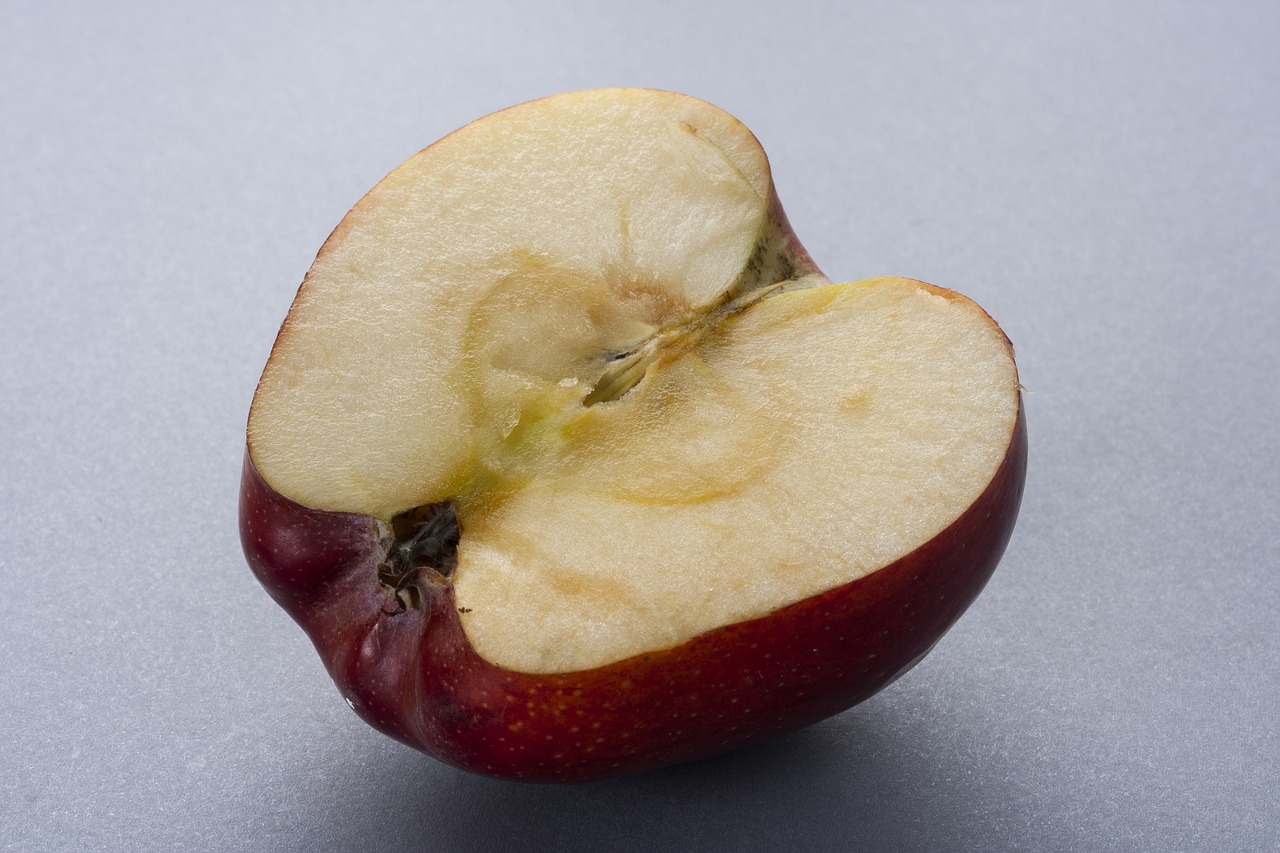Nutritional Strategies for Managing Panic Disorder
play 99 exchange, lotusbhai, playexch in login: Living with panic disorder can be challenging, but there are nutritional strategies that can help you manage your symptoms and improve your overall well-being. By making simple changes to your diet and incorporating certain foods and supplements, you can support your mental health and reduce the frequency and severity of panic attacks. This article will explore some key nutritional strategies for managing panic disorder.
Understanding Panic Disorder
Panic disorder is a type of anxiety disorder characterized by recurrent and unexpected panic attacks. These episodes typically involve sudden feelings of intense fear or discomfort, along with physical symptoms such as heart palpitations, sweating, trembling, and shortness of breath. Panic attacks can be overwhelming and debilitating, causing significant distress and disruption to daily life.
While panic disorder is a complex condition with multiple contributing factors, including genetic, environmental, and psychological influences, research suggests that diet and nutrition can play a role in its management. By paying attention to what you eat and making healthy choices, you can support your body and mind in coping with the symptoms of panic disorder.
Key Nutritional Strategies
1. Balanced Diet: Eating a well-rounded diet that includes a variety of nutrient-dense foods is essential for overall health and mental well-being. Focus on consuming a mix of fruits, vegetables, whole grains, lean protein sources, and healthy fats to provide your body with the essential nutrients it needs to function optimally.
2. Omega-3 Fatty Acids: Omega-3 fatty acids are a type of healthy fat found in fatty fish, walnuts, flaxseeds, and chia seeds. These essential nutrients have been linked to improved mood and reduced anxiety symptoms. Consider incorporating more omega-3-rich foods into your diet or taking a high-quality fish oil supplement to support your mental health.
3. Magnesium: Magnesium is a mineral that plays a crucial role in nerve function and relaxation. Research suggests that magnesium deficiency may be associated with an increased risk of anxiety and panic attacks. Foods rich in magnesium include green leafy vegetables, nuts, seeds, and whole grains. Taking a magnesium supplement may also be beneficial for some individuals.
4. Vitamin D: Vitamin D is known as the “sunshine vitamin” because our bodies produce it in response to sunlight exposure. Low levels of vitamin D have been linked to mood disorders, including anxiety and depression. Incorporating vitamin D-rich foods like fatty fish, eggs, and fortified dairy products into your diet or taking a vitamin D supplement can help support your mental health.
5. Probiotics: The gut-brain connection is a growing area of research, with evidence suggesting that the health of our gut microbiome may influence our mental health. Probiotic-rich foods like yogurt, kefir, sauerkraut, and kimchi can help support a healthy gut microbiome. Consider adding these foods to your diet to promote good digestion and potentially reduce anxiety symptoms.
6. Limit Caffeine and Alcohol: Caffeine and alcohol are known to trigger or exacerbate anxiety symptoms in some individuals. Limit your intake of caffeinated beverages like coffee, tea, and energy drinks, as well as alcohol, to help manage your panic disorder symptoms. Opt for herbal teas or decaf options instead.
FAQs
Q: Can diet alone cure panic disorder?
A: While diet can play a significant role in managing panic disorder symptoms, it is important to note that it is not a cure. It is essential to work with a mental health professional to develop a comprehensive treatment plan that may include therapy, medication, lifestyle modifications, and dietary changes.
Q: Are there any foods to avoid for panic disorder?
A: Some individuals may find that certain foods or ingredients, such as processed foods, sugar, artificial sweeteners, and high-fat foods, can trigger or worsen their anxiety symptoms. Pay attention to how your body responds to different foods and adjust your diet accordingly.
Q: How long does it take to see improvements in panic disorder symptoms with dietary changes?
A: The timeline for seeing improvements in panic disorder symptoms with dietary changes can vary from person to person. It may take several weeks to months of consistent dietary modifications to notice a difference in your anxiety levels. Be patient and give your body time to adjust to the new nutritional strategies.
In conclusion, adopting a nutrition-focused approach to managing panic disorder can complement other treatment strategies and support your overall well-being. By making healthy choices and incorporating nutrient-dense foods and supplements into your diet, you can help reduce the frequency and severity of panic attacks and improve your quality of life. Remember that everyone is different, so it is essential to listen to your body and work with healthcare professionals to develop a personalized treatment plan that addresses your unique needs.







